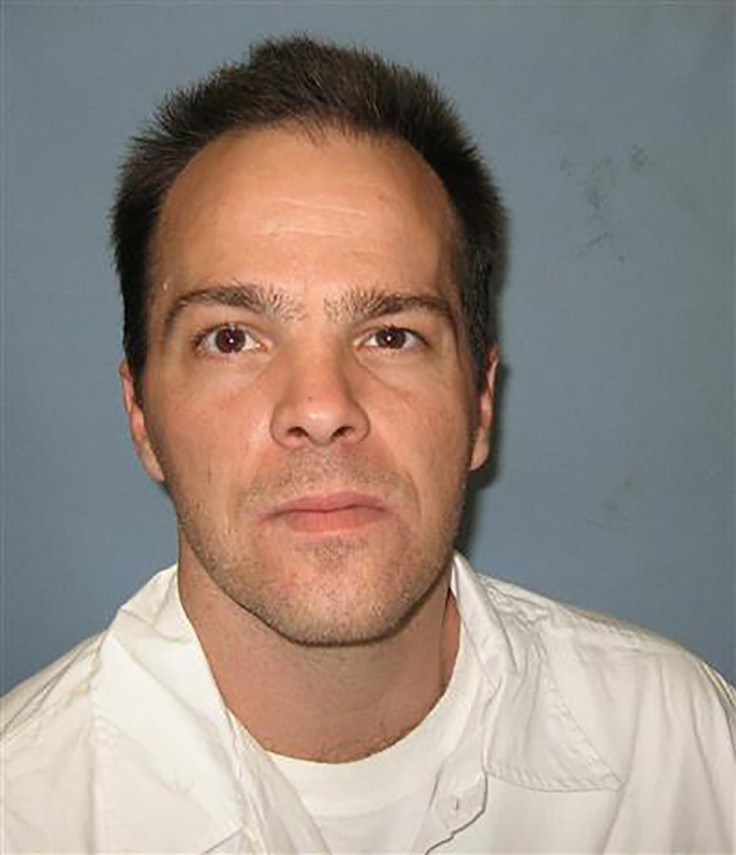US: Alabama executes Christopher Brooks with new lethal injection drugs after appeal rejected

Alabama executed its first inmate in two years with a new lethal injection combination on Thursday (21 January). Christopher E Brooks was executed for the 1992 murder of Jo Deann Campbell after the rejection of his appeal request to the US Supreme Court over whether the new drug combination was constitutional.
Brooks died by lethal injection at 6.38pm CT/12.38am GMT after saying he hoped his execution brought about closure, according to the Montgomery Advertiser. Witnesses to the execution said there did not appear to be signs of distress or struggle before Brooks died. The convicted killer was the first Alabama inmate to be executed since July 2013, when Andrew Lackey was executed by lethal injection for the murder of a World War II veteran.
The US Supreme Court rejected Brooks's last-ditch attempt at a stay of execution. Brooks had tried to use a recent Supreme Court ruling in his favour to have his execution called off, The Washington Post reported. The convict argued that Alabama's death penalty system was "virtually identical" to Florida's system, which had been deemed unconstitutional earlier in January.
Defence attorneys argued that the High Court ruling on Florida invalidated the way Alabama dealt with death penalty cases. However, the Supreme Court disagreed and denied Brooks's stay of execution request. A day before, the Supreme Court had denied a stay for Texas inmate Richard Masterson, who was promptly executed.
Forty-three-year-old Brooks was convicted in 1993 of the murder and robbery of Campbell in December 1992. According to the Montgomery Advertiser, police found Campbell's body partially clothed and beaten with a weight in her flat. Investigators discovered Brooks's bloody fingerprint at the scene of the murder and later located Brooks with Campbell's car keys and credit card. The two reportedly had met while he worked as a camp counsellor.
© Copyright IBTimes 2025. All rights reserved.




















